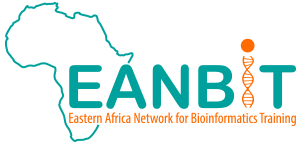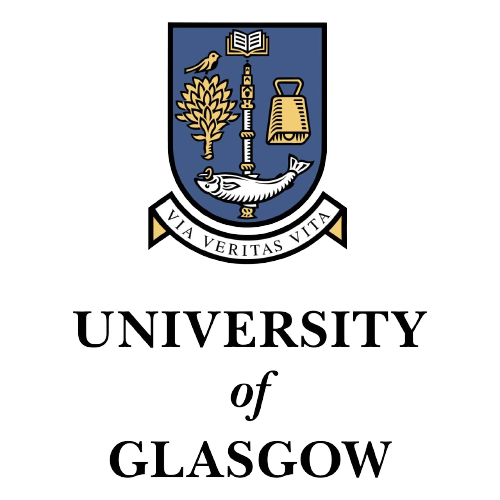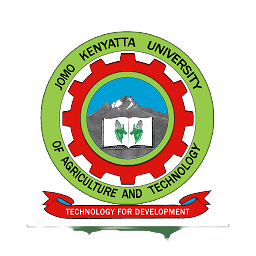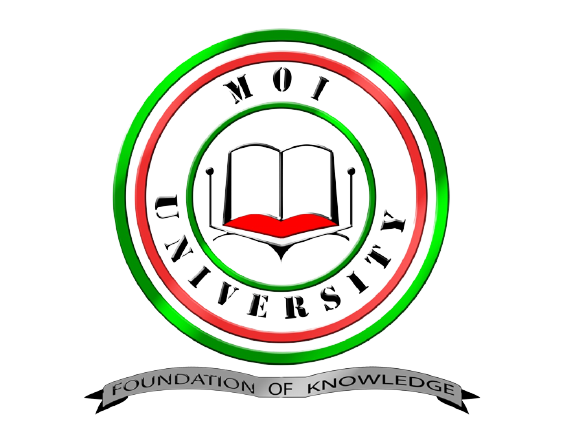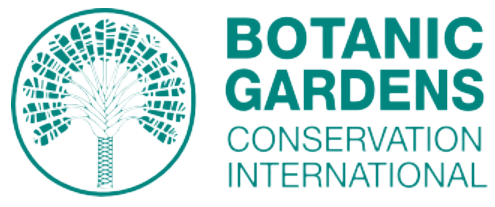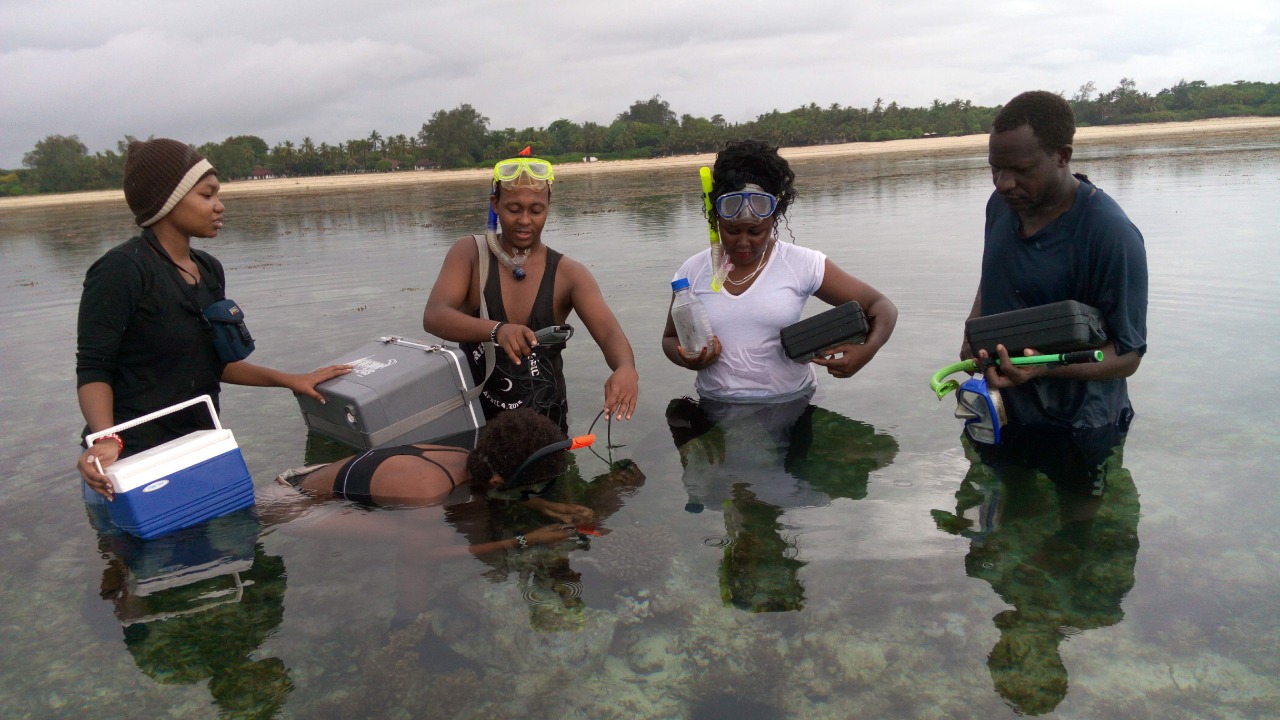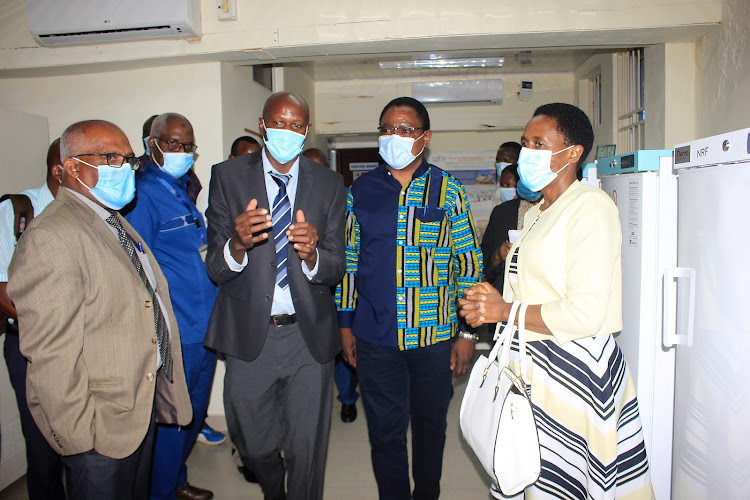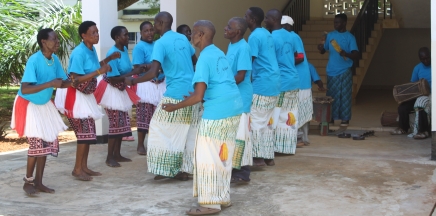
Dr. Martin Rono
Researcher KWTRP
I received my doctorate degree in cell and molecular biology from the University of Strasbourg, France. My research group largely focuses on host-pathogen interactions and the use of molecular biology tools to understand the underlying mechanisms1-11.
In addition, to research I have a keen interest in capacity building through mentoring young scientist and assisted in the development of molecular biology research facilities such as the PUBReC lab in Pwani University. I have received funding for independent research and capacity building and established a network of collaborations both local and internationally.
Selected grant awards
- Functional analysis of Plasmodium PHIST proteins as potential antimalarial vaccine targets, (PI), TWAS $17800
- Genomic and transcriptional analysis of malaria parasites from controlled human malaria infection of Kenyan adults with varying exposure to malaria (PI), The Royal Society UK, FLAIR fellowship, £224,500
- PU Bioresearch Centre (PUBReC) – A Model for enhancing Bioresearch in Local Universities, (PI), NRF Kenya, KES 45,400,000
- Understanding residual transmission for sustainable malaria control and enhancement of elimination efforts in Africa (C0-PI), WHO-TDR, $219,000
- Evaluation of the effectiveness of ivermectin co-formulation vs. albendazole for treatment of soil transmitted helminth infections, (C0-PI) EDCTP, €4,900,000
Selected publications 2018-2020
- Munyao, V. et al. Surveillance of Culicine Mosquitoes in Six Villages of Taita-Taveta County, Kenya, With Host Determinations From Blood-Fed Females. J Med Entomol, doi:10.1093/jme/tjaa109 (2020).
- Karisa, J. et al. Urban Ecology of Arboviral Mosquito Vectors Along the Kenyan Coast. J Med Entomol, doi:10.1093/jme/tjaa136 (2020).
- Kabaka, J. M. et al. Expansions of chemosensory gene orthologs among selected tsetse fly species and their expressions in Glossina morsitans morsitans tsetse fly. PLoS Negl Trop Dis 14, e0008341, doi:10.1371/journal.pntd.0008341 (2020).
- Rono, M. K. et al. Cadmium tolerance pathway in Anopheles gambiae senso stricto. Acta Trop 198, 105033, doi:10.1016/j.actatropica.2019.05.024 (2019).
- Musimbi, Z. D. et al. Peripheral blood mononuclear cell transcriptomes reveal an over-representation of downregulated genes associated with immunity in HIV-exposed uninfected infants. Sci Rep 9, 18124, doi:10.1038/s41598-019-54083-4 (2019).
- Mang’era, C. M. et al. Growth-disrupting Murraya koenigii leaf extracts on Anopheles gambiae larvae and identification of associated candidate bioactive constituents. Acta Trop 190, 304-311, doi:10.1016/j.actatropica.2018.12.009 (2019).
- Khamis, F. M. et al. Species-specific transcriptional profiles of the gut and gut microbiome of Ceratitis quilicii and Ceratitis rosa sensu stricto. Sci Rep 9, 18355, doi:10.1038/s41598-019-54989-z (2019).
- Gildenhard, M. et al. Mosquito microevolution drives Plasmodium falciparum dynamics. Nat Microbiol 4, 941- 947, doi:10.1038/s41564-019-0414-9 (2019).
- Simam, J. et al. Gene copy number variation in natural populations of Plasmodium falciparum in Eastern Africa. BMC Genomics 19, 372, doi:10.1186/s12864-018-4689-7 (2018).
- Rono, M. K. et al. Adaptation of Plasmodium falciparum to its transmission environment. Nat Ecol Evol 2, 377- 387, doi:10.1038/s41559-017-0419-9 (2018).
- Bamou, R. et al. Changes in malaria vector bionomics and transmission patterns in the equatorial forest region of Cameroon between 2000 and 2017. Parasit Vectors 11, 464, doi:10.1186/s13071-018-3049-4 (2018).


